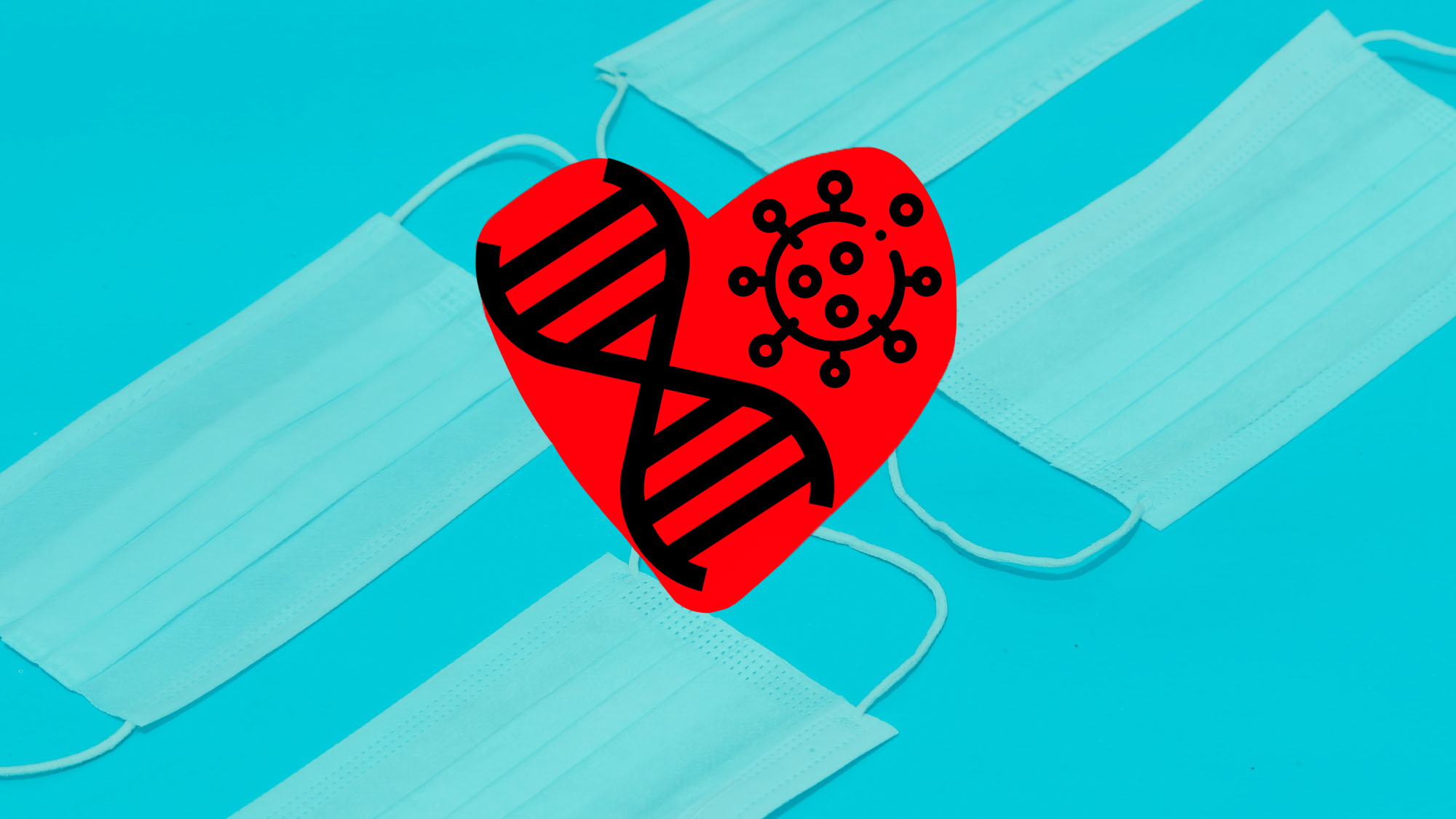The CARGENCORS epidemiological study aims to help identify people at high genetic risk for COVID-19 major complications (need for assisted respiration and even death).
We asked Jaume Marrugat, Anna Camps and Irene Román, from the Hospital del Mar Medical Research Institute (IMIM), to explain this interesting project, which is currently recruiting volunteers, in depth.
What is the CARGENCORS project?
The CARGENCORS study tries to analyze the association of genetic markers of coronary heart disease, thrombosis, inflammation and expression of ACE2, with the severity of COVID-19. That is, we want to see if people with a genetic risk for coronary heart disease (and other conditions like hyperinflammation or thrombosis) tend to suffer severe forms of COVID-19.
What is the future clinical applicability of the project?
If these markers are associated with the most severe forms of COVID-19, the genetic variants would serve as a screening tool, mainly in hospitals. Specifically, these markers could be constituted as specific kits for the detection of genetic variants linked to more serious forms of the disease, thus contributing to innovation in research.
Atfer this screening, these COVID-19 patients at high risk of serious complications could be prioritized to get a more specific treatment, making it more intensive as soon as possible.
This information could also allow a better prevention of COVID-19 infection in general, isolating and better protecting those at high risk since the determination of these variants is cost-effective.
Genetic characterization could be used to prioritize people at high risk when administering vaccines.
Is the way in which volunteers had the infection relevant for the study?
For the CARGENCORS study, it is very relevant how the participants have passed COVID-19, since patients with severe / critical or fatal forms will be classified as cases, and those who have had asymptomatic / mild as controls. Thus, we have a sample size of approximately 3,000 patients, with 730 cases and 2,163 controls, where each group is very well defined from the beginning of the project, according to specific clinical criteria.
Patients with severe, critical or fatal forms will be classified as cases, and those who have had asymptomatic or mild infections as controls.
This classification will allow us to compare the presence or abscence of risk factors with the different intensities of the Covid-19 symptomatology.
COVID-19 is usually related to respiratory system disorders, but how does COVID-19 affect the cardiovascular system?
From the beginning of the pandemic, different studies have concluded that age, male sex, previous illnesses, and cardiovascular risk factors were the main characteristics of patients with the most severe COVID-19. Among the previous diseases we find mainly cardiovascular disease, such as stroke, hypertension or diabetes.
In Spain, 80% of hospital admissions and ICU admissions, and 95% of deaths had a previous cardiovascular disease or risk factor, and 40% and 60% of admissions and deaths, respectively, had previous cardiovascular disease.
We must bear in mind that despite the fact that COVID-19 mainly affects the respiratory system, the ECA2 receptor, which is necessary for SARS-CoV-2 infection, is also expressed in the kidneys, in the heart and in the blood vessels. Therefore, the effect on the cardiovascular system could be caused by direct infection, vascular infection, or inflammatory response, leading to the development of acute coronary syndromes, arrhythmias, severe heart damage, or even fulminant myocarditis.
This study is included in the REGICOR project… What does it consist of and what is the importance of such projects?
The CARGENCORS project is included in the REgistre GIroní del COR (REGICOR) because a large number of researchers and institutions participating in CARGENCORS are part or collaborate in the REGICOR study.
REGICOR is a study and a research group that began in 1978 and it includes the recruitment and follow-up of population cohorts and a registry of acute myocardial infarction in the Girona region, with clinical data and biological samples.
REGICOR has characterized more than 13,000 people in Girona and more than 3,000 myocardial infarction patients at the Josep Trueta Hospital
All this information led to reliable data on the evolution of coronary heart disease and its risk factors in our population, as well as to being able to relate these factors and new biomarkers with cardiovascular disease and mortality.
PARTICIPATE!
The project is still looking for volunteers, so if you have a positive COVID-19 test, and you have passed COVID-19 in a mild or asymptomatic way, you can contact through:
- Telephone: 600 27 87 42
- Mail: info@regicor.cat
- Website: https://regicor.cat/es/cargencors/







